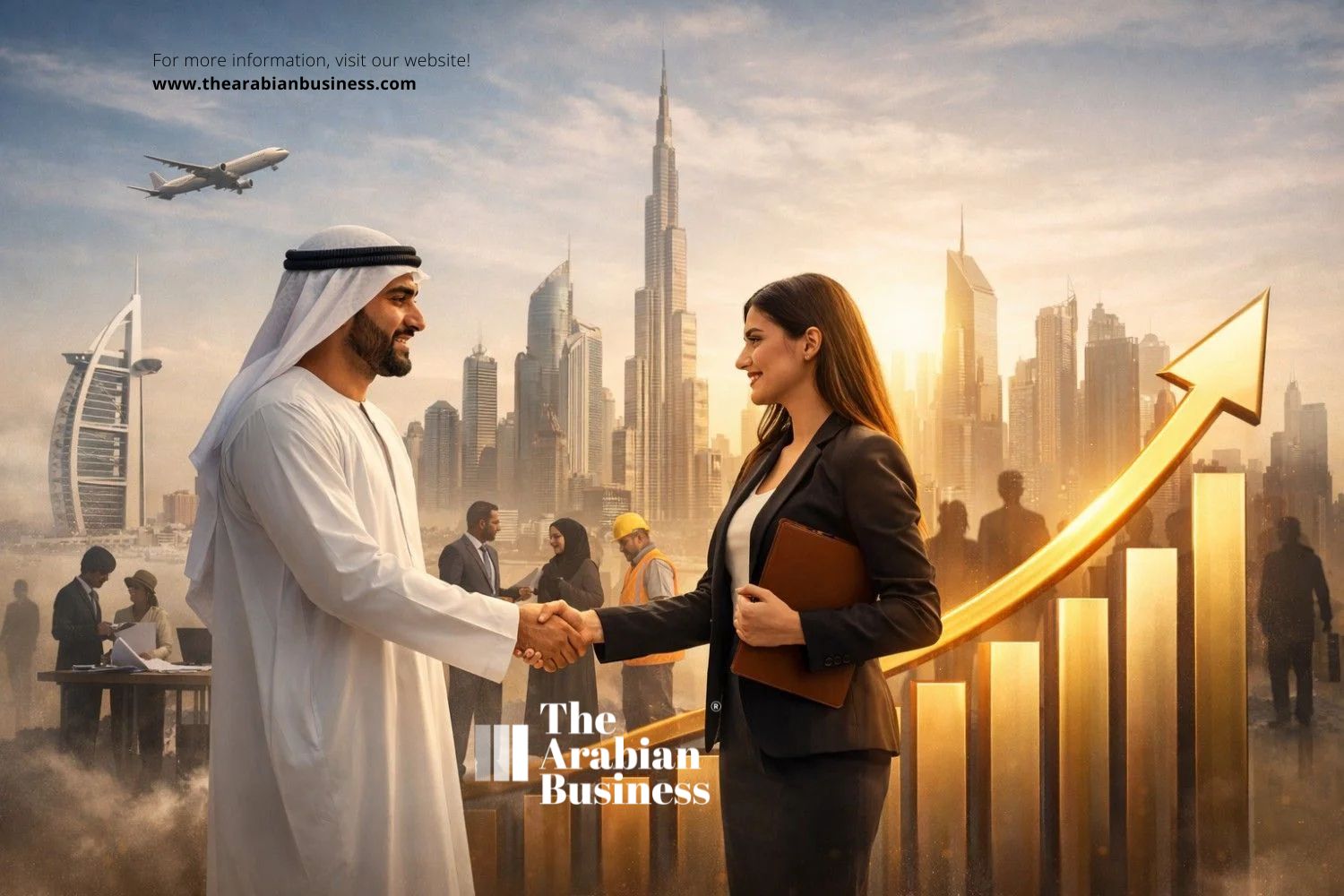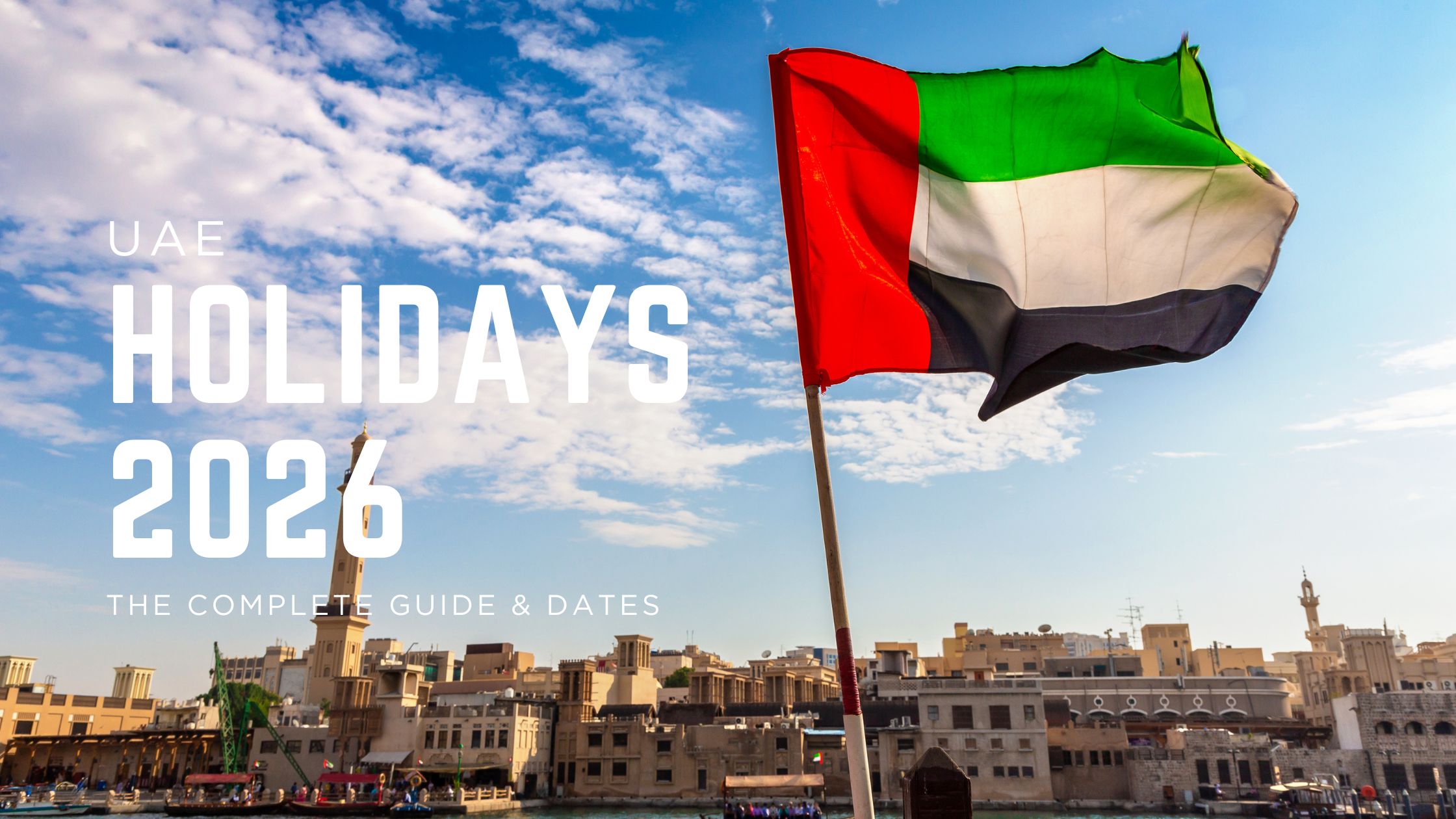Eco-Luxury Real Estate on the Rise as Gulf Buyers Seek Sustainable Prestige Living

Dubai, UAE – Sustainability is no longer just a feature — it’s the future of luxury living. Across the Gulf, a new wave of eco-luxury real estate is reshaping how high-net-worth individuals (HNWIs) invest in property, blending environmental responsibility with high-end design, technology, and lifestyle.
Developers from Dubai to Riyadh are rolling out solar-powered villas, carbon-neutral mansions, and smart beachfront estates built with locally sourced, eco-friendly materials — redefining what it means to live in luxury.
“Today’s luxury buyer wants more than marble floors and skyline views. They want sustainability, wellness, and a low-carbon footprint,” said Marwan Fares, CEO of a Dubai-based green architecture firm.
Gulf Developers Shift Toward Green High-End Projects
Leading real estate companies across the GCC are responding to changing buyer preferences by integrating sustainability into their most prestigious developments.
Notable Projects:
Dubai’s Tilal Al Ghaf by Majid Al Futtaim features smart energy systems, greywater recycling, and pedestrian-first layouts.
Riyadh’s Diriyah Gate combines traditional Najdi architecture with modern environmental design, including natural cooling and solar integration.
The Red Sea Project in Saudi Arabia aims to be 100% powered by renewable energy and offers ultra-luxury villas built with low-impact construction methods.
Qetaifan Island North in Doha includes green-certified high-rises with air-purifying facades and electric-only transport zones.
What Makes Eco-Luxury Appealing to Buyers
A 2025 report by Knight Frank MENA shows that 68% of ultra-high-net-worth individuals (UHNWIs) in the GCC are prioritizing eco-conscious features in their residential purchases.
Top features in demand:
Solar panels and energy storage
Smart home systems for energy efficiency
Indoor air purification and natural light optimization
Use of sustainable or recycled building materials
Proximity to green spaces, walking trails, and clean beaches
“Luxury and sustainability are no longer at odds. In fact, they enhance one another. A green villa today is both a status symbol and a smart financial choice,” said Noor Al-Kuwaiti, head of ESG investments at a UAE-based family office.
Pricing Premiums and Market Growth
Sustainable luxury homes in Dubai, Abu Dhabi, and Riyadh are commanding price premiums of 10–20% over comparable non-certified units. Yet demand remains high, especially from:
European and Asian expats seeking green second homes
Gulf nationals building legacy properties for future generations
Global investors interested in ESG-compliant real estate portfolios
This segment is expected to grow significantly, with eco-luxury real estate valued at $12.4 billion across the GCC as of Q3 2025 — up 41% from the previous year.
Luxury Brands Enter the Green Real Estate Space
High-end hotel and fashion brands are increasingly associating their names with eco-conscious residential developments in the region:
Banyan Tree Residences, Dubai: Focus on wellness, energy-efficient layouts, and biophilic design
Six Senses Villas, Red Sea Project: Carbon-neutral, sustainably sourced materials, private desalination systems
Baccarat Residences, Riyadh: LEED-certified smart homes with eco-art installations
These branded residences are attracting HNWIs who want exclusivity, convenience, and a commitment to sustainability — all in one package.
Regulators Supporting the Shift
Governments are helping drive the trend through green building codes, incentives, and vision-aligned strategies:
The UAE’s Green Building Regulations now apply to luxury and hospitality sectors.
Saudi Arabia’s Roshn initiative is creating entire neighborhoods with ESG targets.
Bahrain and Oman are offering tax benefits and fast-track approvals for sustainable developments.
“Sustainability has moved from optional to essential — even in luxury. Regulators understand this and are encouraging developers to lead with responsibility,” said Zainab Al Awadhi, senior advisor at GCC Urban Planning Council.
Outlook: A New Standard for Prestige
As climate awareness rises and affluent buyers seek purpose-driven investments, the eco-luxury segment is poised to become the standard for premium real estate in the Gulf.
Industry insiders predict that by 2030, the majority of new luxury real estate launches in the GCC will include mandatory sustainability components, with developers competing not just on size and style, but also on environmental impact.
“The next generation of luxury in the Middle East is green, smart, and sustainable,” said Faris Hamdan, Director of Development at a leading Abu Dhabi property firm. “It’s not just about living well — it’s about living responsibly.”






